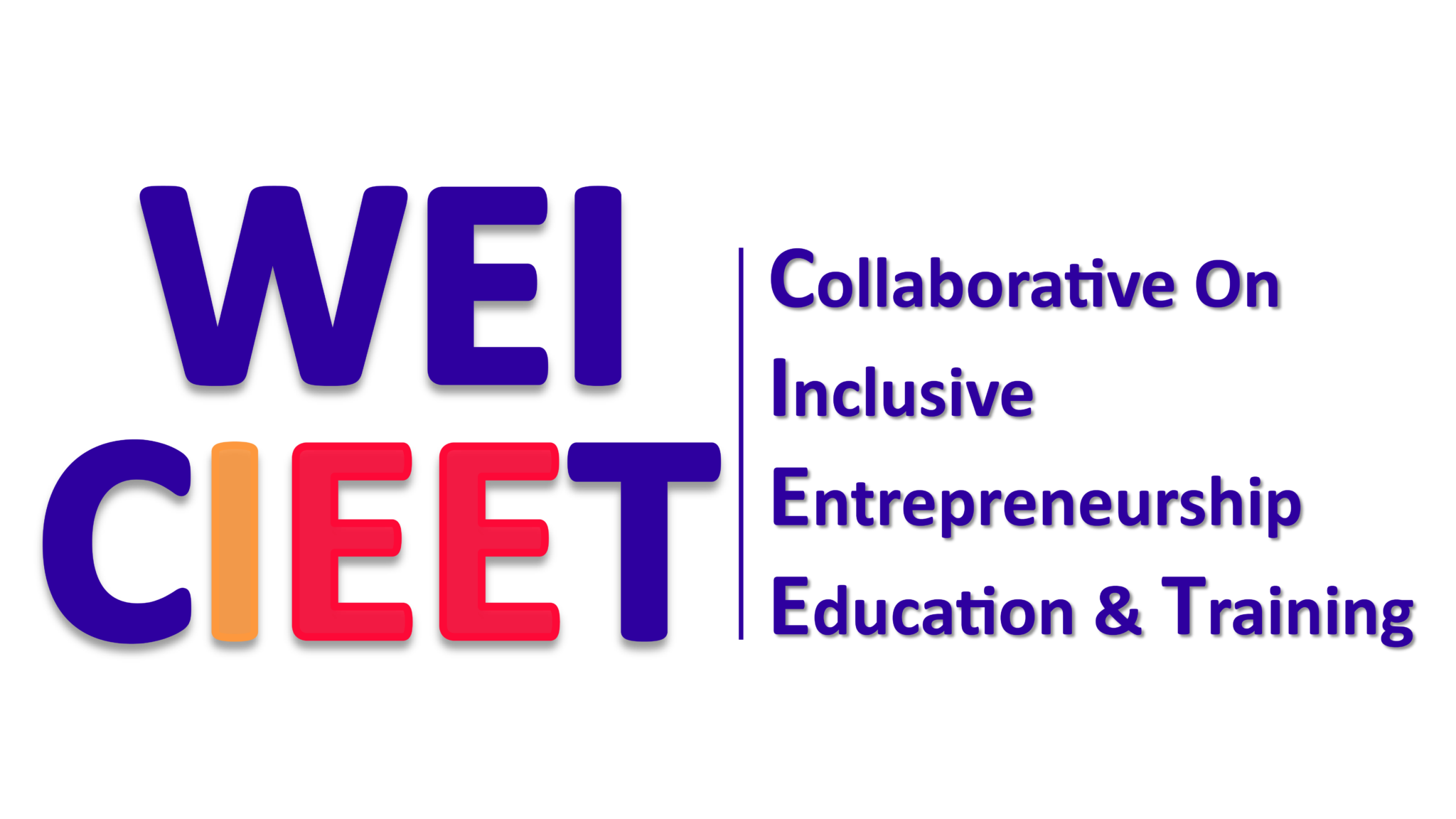
The Collaborative
One of the principal pillars of WEI’s strategy is to support the development of deeper pipelines of transformational women-owned enterprises led by women in the ‘missing middle’.
Women who pursue entrepreneurial opportunities encounter structural and systemic biases that limit the development, scaling and survival of their business ventures. They are generally constrained to pursuing opportunity and survival investments that are smaller, less profitable, and slower growing than comparable businesses owned by men. These structural impediments and biases – economic, legal, social, and cultural, are well documented. The COVID-19 pandemic has exacerbated these challenges for female-led businesses.
In terms of human capital, education is an essential driver for women’s economic empowerment (WEE). Networks and support services, access to capital, digital resources, and an equitable business enabling environment are also critical drivers for WEE. Inclusive entrepreneurship education and training (IEET) offers an important lever for scaling the development and delivery of business competency skills, experiential learning opportunities, and networks for women’s entrepreneurship. WEI is advocating for IEET targeting women and girls at the secondary and tertiary levels of education to help #BreakTheBias.
The goal of WEI-CIEET is to apply a systems and intersectional approach to:
- Facilitating knowledge sharing, shared learning, and information dissemination;
- Strengthening the design and delivery of IEET courses and programs;
- Reducing gender, ethnic and occupational stereotypes and systemic biases that inhibit women’s entrepreneurship; and
- Building coalitions of policymakers, academics, practitioners, funders, and women’s enterprise organizations to design and advocate for innovative solutions to bias in EET.
The WEI Collaborative on Inclusive Entrepreneurship Education and Training (WEI-CIEET), originally launched as the WEI Inclusive EET community of practice in March 2021, has been re-branded and re-focused on the development of a systems and intersectional approach to inclusive EET in order to support transformational women’s entrepreneurship.
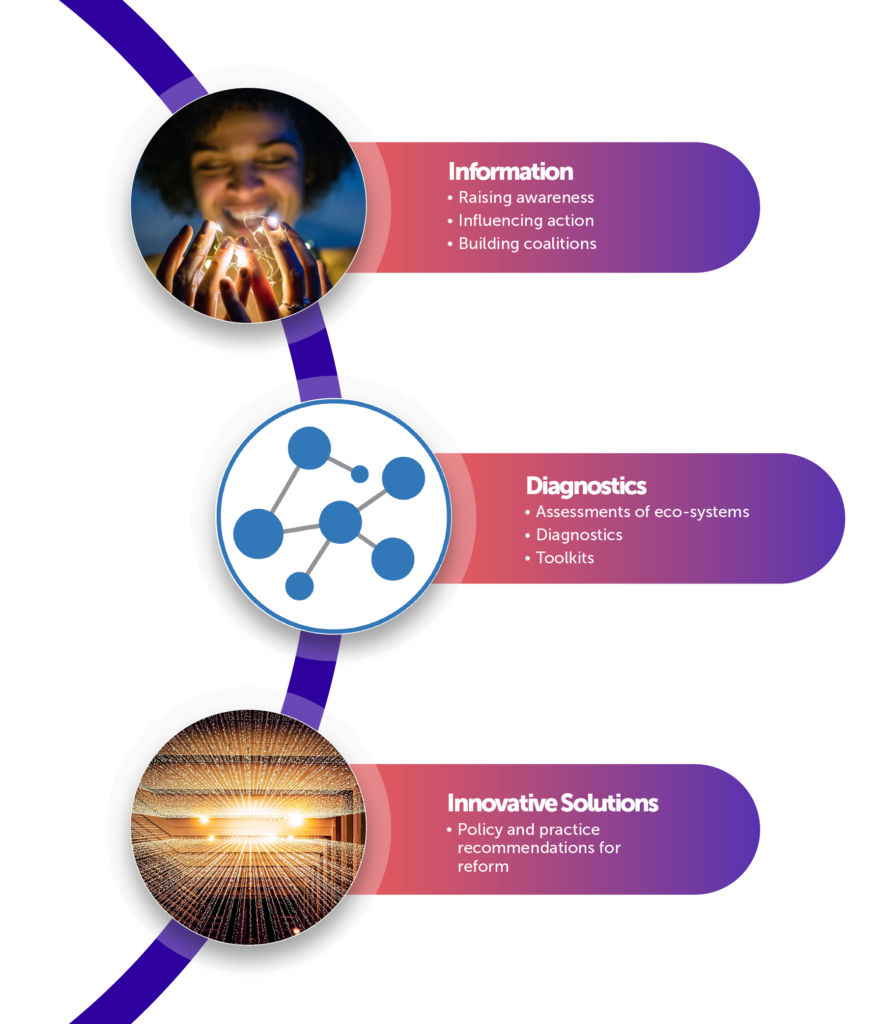
Enhance awareness and effectiveness of EET supports within universities by addressing gender, occupational and other biases in solution design
1Refine measures and assessment criteria to support gender equality in EET. Entrepreneurship Education and Training (EET)
2Facilitate EET knowledge sharing among academic, industry, non-governmental and government stakeholders including to catalyze networks where they do not already exist.
3Strengthen pathways for women to build and scale enterprises. Strengthen pathways for women to build and scale enterprises, including efforts to strengthen pipelines of viable and bankable women-owned and led SMEs
4Enhance awareness and effectiveness of EET supports within universities by addressing gender, occupational and other biases in solution design
1Refine measures and assessment criteria to support gender equality in EET. Entrepreneurship Education and Training (EET)
2Facilitate EET knowledge sharing among academic, industry, non-governmental and government stakeholders including to catalyze networks where they do not already exist.
3Strengthen pathways for women to build and scale enterprises. Strengthen pathways for women to build and scale enterprises, including efforts to strengthen pipelines of viable and bankable women-owned and led SMEs
4LEARN MORE ABOUT THE WEI GEET+ Team
Women entrepreneurs make significant contributions to economic growth, wealth creation, innovation and employment. Yet, their participation is constrained by structural impediments and biases – economic, legal, social and cultural, including within entrepreneurial ecosystems.
These eco-systems, which include Entrepreneurship Education and Training (EET), have underperformed with respect to the inclusion of women and other underrepresented groups.
Join the WEI-Collaborative on Inclusive EET
Resources

Gender-smart Entrepreneurship Education & Training Plus (GEET+) Action Strategy Pilot Study: Summary Report

GEET+ Action Strategy Pilot Study Country Report: MEXICO Patricia Alonso-Galicia, PhD Geraldina Silveyra León, PhD

GEET+ Action Strategy Pilot Study Country Report: NIGERIA N. Adeyemi Adebayo, PhD

GEET+ Action Strategy Pilot Study Country Report: PERU Katherina Kuschel, PhD Ruth Powosino

GEET+ Action Strategy Country Report: NIGERIA, Lagos Business School
H. Onwuegbuzie, PhD
P. Bamkole, PhD
C. Iwumune







